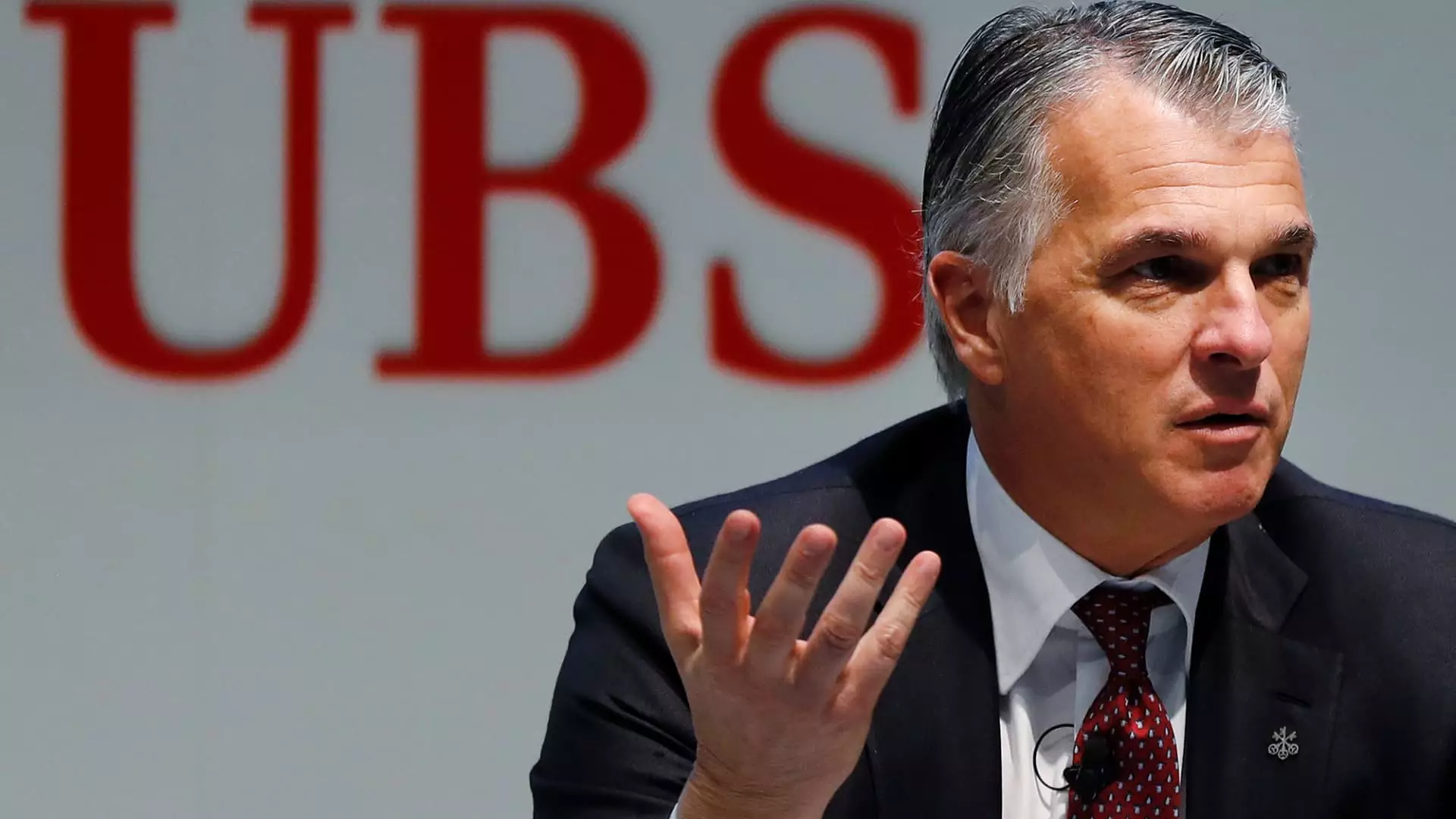The CEO of UBS, Sergio Ermotti, recently expressed concerns about the potential intensification of market volatility in the second half of the year. This comes after a period of sharp sell-offs in global equities, triggered by weak economic data from the U.S. While there are fears of an economic downturn, Ermotti does not believe that the U.S. is heading into a recession. However, he acknowledges that a slowdown is possible.
Ermotti highlighted that the macroeconomic indicators are not clear enough to predict a recession definitively. He mentioned that the Federal Reserve has the capacity to step in and support the economy, although there might be a time lag before any measures taken are fully transmitted into the economy. UBS expects the Federal Reserve to cut rates by at least 50 basis points by the end of the year.
Ermotti pointed out that the upcoming U.S. presidential election in November could contribute to higher market volatility in the second half of the year. He also cited geopolitical uncertainties and fragilities within the system as reasons for an expected increase in volatility. The shifting macroeconomic landscape and the uncertainty surrounding monetary policy decisions by central banks add to the overall climate of unpredictability.
In response to the higher volatility, financial institutions like UBS may benefit from increased trading income. Bruno Verstraete of Lakefield Wealth Management noted that the transition from a period of low volatility to a more normal regime could provide opportunities for trading gains. However, the unpredictability in the markets poses challenges for institutions in managing risk and navigating through uncertain times.
The actions of central banks, including those in Switzerland, the European Central Bank, and the Bank of England, play a crucial role in addressing economic slowdowns and market volatility. With central banks cutting rates to stimulate growth, the effectiveness of these measures in combating a potential economic downturn remains a subject of debate. The impact of monetary policy decisions on market stability and investor confidence cannot be understated.
As the world braces for higher market volatility and potential economic headwinds, financial institutions and investors alike need to stay vigilant and adaptable. The evolving landscape of geopolitics, economic indicators, and central bank policies necessitates a proactive approach to risk management and investment strategies. The uncertainty surrounding the U.S. economy and global markets underscores the importance of closely monitoring developments and being prepared for various scenarios in the coming months.

